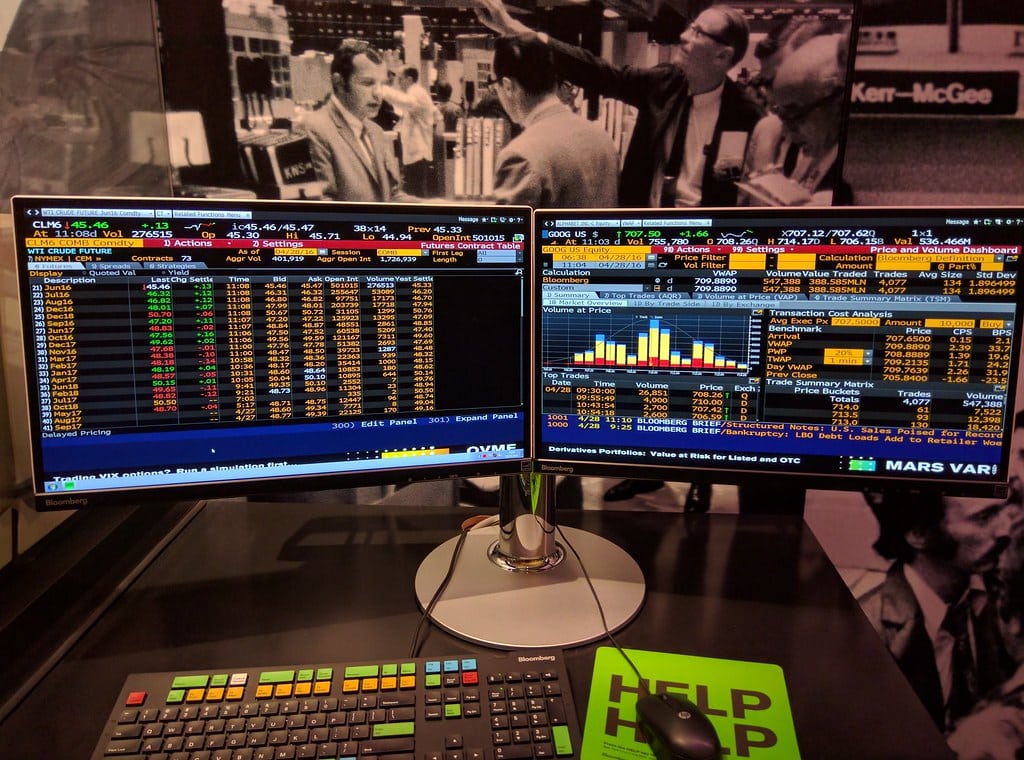Corporate Ladder To Carte Blanche (Part I of III)
It took me 12 years to realise I was in the wrong job in the wrong industry. Now what?

F or as long as I can remember, my dream growing up was to get into a top tier university, and specifically Stanford University. I daydreamed about Palo Alto and University Avenue and often found myself lost in thought about campus life, dorms, all-nighters at the library and heated debates about the real meaning of life. All of this in an environment where I would be surrounded by some of the most inspiring, hard-working and accomplished students from around the world. So when I actually got in, suffice to say I wanted to do it right.
Those all nighters I fantasised about were more brutal in real life, but I did them anyway. I diligently attended career fairs and told myself that working through internships, sweating over problem sets and exams would all be worth it to achieve my “dreams”. In 2007, at 21, I graduated from Stanford University bright-eyed, bushy-tailed, but somewhat unsure about what exactly my dreams were. My hard work and a lot of luck landed me a top-tier finance job, on a trading floor. Getting a job at an investment bank right after graduating was a blissful validation of my existence – here I was largely surrounded by people who went to similarly elite schools, came from privileged backgrounds and to top it all, I was being paid a six figure salary in my early 20s. Through my career, I have worked both at bulge bracket investment banks and also as a trader at a top tier hedge fund.
With no personal space and everyone around you being able to read everything on your screens at any time, it takes true desperation and nerves of steel to Google “why do I never poo on weekdays?”
Early on in my career, when I confused the ‘bid’ and ‘offer’ of a product in a fast-moving market I got asked by a trader, not even rhetorically, if I was “fucking stupid?” (In trader speak, the bid is where you buy any security and the offer is where you sell it). My untrained financial faculties had genuinely offended him. I could almost see him doing a mental calculation of what the ‘cost of time’ spent talking to me was.
Few work environments are as mercenary as a trading floor. With no personal space and everyone around you being able to read everything on your screens at any time, it takes true desperation and nerves of steel to Google “why do I never poo on weekdays?”
It wasn’t all bad though. Developing a skin as thick as blubber can only be good training for the dog eat dog world we live in, right? Words like ‘meritocracy’ and ‘egalitarian’ echo in the hallways and are repeated in quarterly town hall forums making it easy to believe that even in a capitalist world, the world of finance was the most capitalist of them all – a place where you supposedly get rewarded solely for your hard work, intellect and capacity for grit. If this wasn’t a life well spent, then what was? All my moving around growing up, late nights spent studying, weekends dedicated to extracurricular activities and a technical degree from Stanford finally made sense; disparate pieces of the puzzle that fit together perfectly here.
So I worked… and I worked hard. And for every bonus I felt jipped on, I worked harder. Because when things are truly meritocratic, the blame for being passed over for a promotion or getting paid less than your peers falls squarely on you. It’s a survival strategy — you learn to put aside all those uncomfortable feelings of being a young woman of colour having largely middle-aged white males as mentors or role models to look up to.
I didn’t accumulate many assets during my time in finance but I did accumulate fun, wild, and exotic life experiences (clubs, concerts, weekend getaways to different countries and even Centre Court tickets for the Wimbledon finals 3 years in a row). This got me through my 20s and shaped a lot of my world-view, one that I am extremely grateful for… but something started to eat at me in my 30s.
Surely life had to be more than 12-hour days just to eat at the next trendy restaurant, or counting down the days to the next vacation, or ascending the corporate ladder. Life was also getting more serious – back-calculating the cost of a London mortgage and one hypothetical child’s education and upbringing was the perfect recipe for anxiety-induced sciatica. This hamster wheel will last foreverrrrrr. And now with the added twist of my leg wracked with sciatica pain, how would I keep running on the wheel?
Zero fucks given for the first-world problems that consumed me? I don’t blame you. My reality (not so long ago) feels so warped in the current political and environmental climate; a two-sentence woe-is-me whinge sounds like two sentences too much. Richard V. Reeves’, in his recent op-ed in the NYT, Now the Rich Want Your Pity, Too, appropriately summarized that for the rich “the stress is entirely of their own decisions”.
So if I was lucky enough to count myself as part of at least the slightly rich, which of my decisions were stressing me out? The existential angst that was eating me alive was something I couldn’t quite put my finger on. My life had to amount more than this, not because of money or stature, but because it had to mean more. I needed purpose – something bigger than my accomplishments and myself. So what was I going to do about it?
Continued in… PART II
